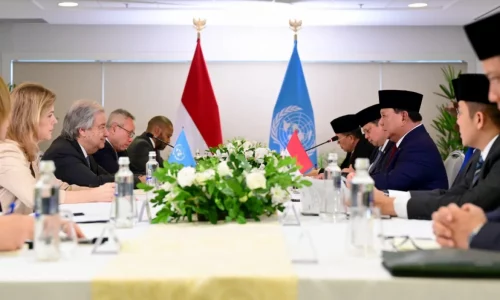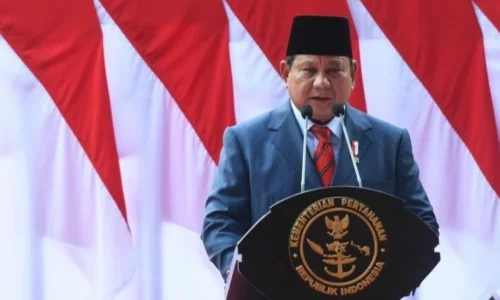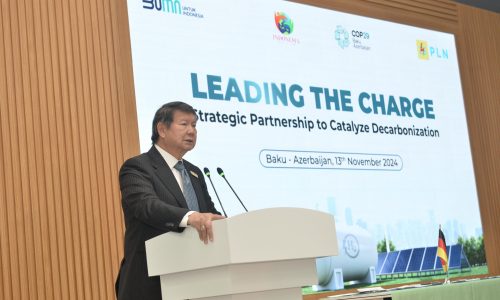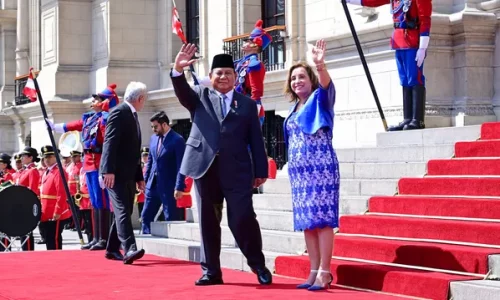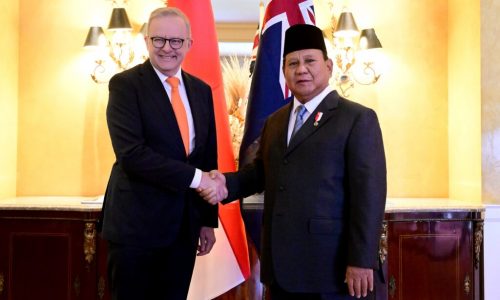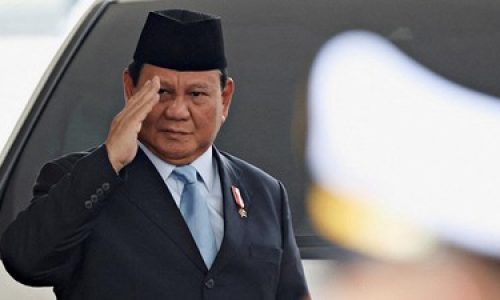The Ministry of Foreign Affairs of Latvia’s Director General of Bilateral Cooperation Nils Jansson met with Indonesian Foreign Ministry’s Director General of America and Europe (Amerop) Umar Hadi in Jakarta on February 9, 2023, to discuss on the two countries economic status in the aftermath of the COVID-19 pandemic, the bilateral ties and the collaboration in regional and international levels.
In the second Indonesia-Latvia Bilateral Consultation Forum (FKB), both delegations addressed several issues such as enhancing economic collaboration, boosting investments and trade, working towards improving social and cultural cooperation and extending mutual support to international organizations.
The forum also served to deliberate various regional and global concerns, including but not limited to ASEAN-EU relations, Indonesia’s chairmanship of ASEAN, Indo-Pacific region progress and the current security situation in Europe.
Both parties expressed optimism for the finalization of the Indonesia-European Union CEPA agreement, which was then in its 13th round of negotiations (held in Bali from February 6-10, 2023). Indonesia acknowledged Latvia’s backing for the negotiation process and its support for the recognition of Indonesian vegetable oil products in Europe.
Bilateral trade
The bilateral trade between Indonesia and Latvia is currently relatively modest, with Indonesia primarily exporting products such as natural rubber, palm oil, coffee and textiles, while importing wood and wood products, machinery and chemicals from Latvia.
According to data from the Ministry of Trade, the bilateral trade between Indonesia and Latvia has been fluctuating from 2017 to 2022.
In 2017, the total trade value was around US$ 24.5 million, in 2018 it increased to around US$ 29 million, and then decreased to around US$ 26 million in 2019.
Due to the pandemic, the bilateral trade declined to around US$ 16 million in 2020 but has recovered slightly in 2021 with a total trade value of around US$ 35 million.
The Indonesian government has been encouraging business communities of both countries to enhance their trade and investment cooperation. The two countries are working to explore new opportunities in areas such as agriculture, tourism and energy to further enhance their bilateral economic relations.



